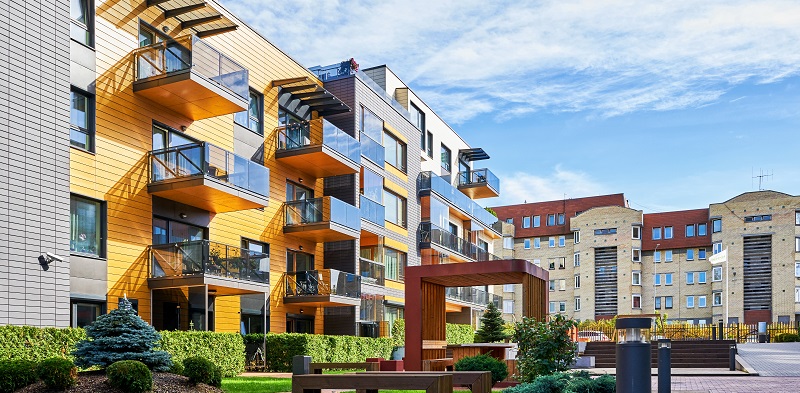There are many reasons why President Biden’s proposed restriction on 1031 exchanges should not be passed. In this article, we are going to explain a few of these reasons that 1031 exchanges should not be touched.
Commercial Real Estate is Hurting
Due to the pandemic and other factors, core segments of real estate (hotels, malls, entertainment venues) are currently beaten-down. Restricting 1031 exchanges would exacerbate the problems they are currently experiencing.
1031 Exchanges Incentivize Capital Investment
Taxpayers who engage in 1031 exchanges invest more capital into their replacement properties than non-tax motivated purchasers. They also have lower LTV rations, which decreases risk in the system. 1031 exchangors are also likely to have the ability to make a larger down payment on replacement property. This leaves them with more capital to invest in improvements and upgrades. More investment in building improvements leads to greater investment returns, higher rents and property values, and higher prices at disposition.
The “Lock-In” Effect
Restricting 1031 exchanges would create a “lock-in” effect, which would result in fewer transactions and declining prices. To avoid large tax bills, many taxpayers would choose to hold on to sub-optimal assets. This would exact a cost on the economy - properties would be more highly leveraged and investors would spend less on capital improvements.
Eliminating the lock-in effect by preserving 1031 exchanges allows taxpayers to preserve their investment capital and acquire larger properties, upgrade facilities and redeploy their capital into other areas. These activities create jobs and contribute to the local and state tax bases.

